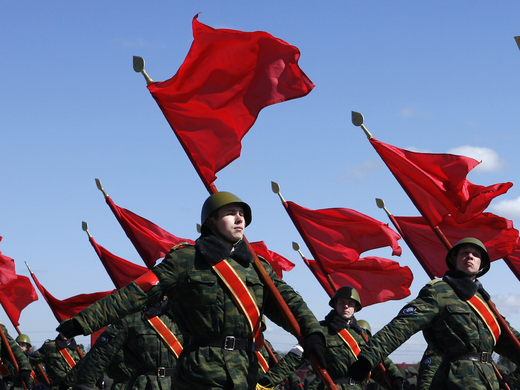It has been 50 years since the world teetered on the edge of irreparable destruction, when the Cuban missile crisis nearly culminated in Armageddon on the last weekend of October 1962. A quarter century of research on the crisis has given this paper’s authors, James G. Blight and janet M. Lang, a clear understanding of how close the world came to nuclear war. Arguing that zero is the right number of nuclear weapons in the world, Blight, CIGI chair in foreign policy development and Lang, research professor at the BSIA, explore the policy relevance of the crisis in a novel way, explaining that while Armageddon is possible and virtually inevitable, it can be prevented, if a healthy quotient of fear will motivate people to move decisively to zero nuclear weapons. They argue that using an “Armageddon time machine” to reconstruct the horror of the leaders’ endgame mindsets during the crisis world encourage the world to abolish nuclear weapons.


